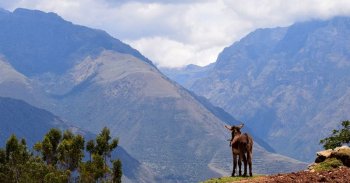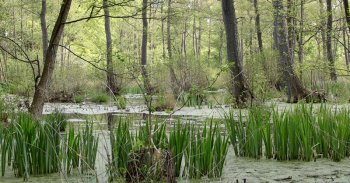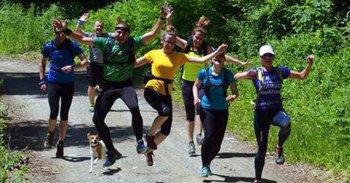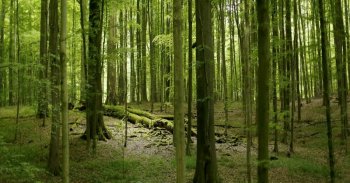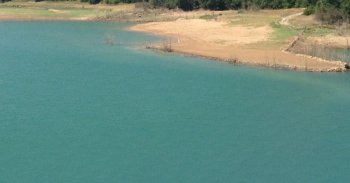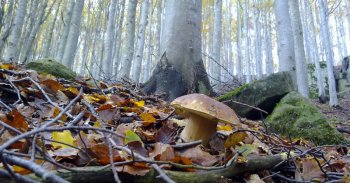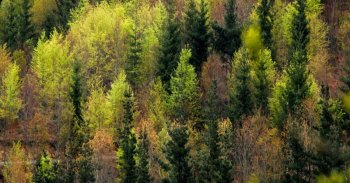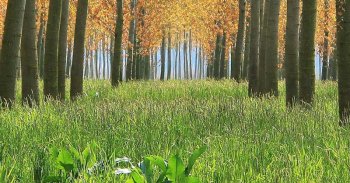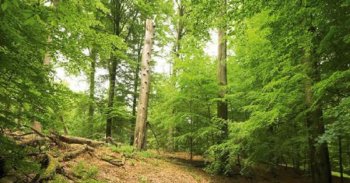Paying for watershed services to cities in Peru
This case study from the SINCERE project had the goal to:
- Involve multiple stakeholders in decision-making and share intervention costs and benefits in a fair manner.
- Provide an opportunity to improve relationships between upstream communities and a downstream water company.
- The innovative mechanism (IM) consists in a payment for ecosystem services (PES) scheme which obliges water users in Cusco to pay an extra fee on the water bill to improve hydrological services.

